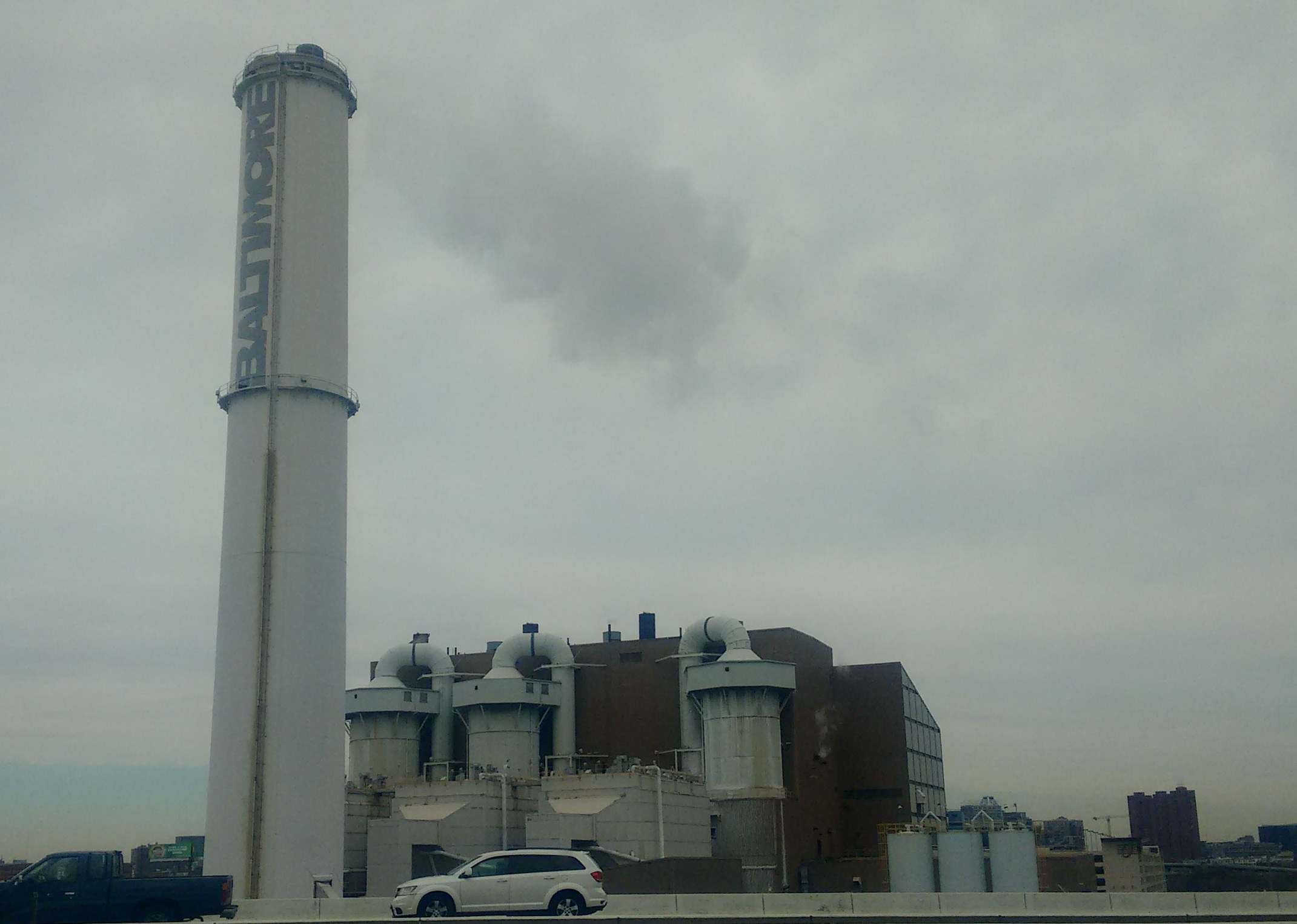
On Wednesday, June 26, the Baltimore City Council's Health, Environment, and Transportation Committee is holding a hearing on Council Bill 23-0466: Recyclable Materials and Yard Waste. Unlike every other County in Maryland, Baltimore City has no centralized yard waste composting program - only about 2% of residential yard waste is diverted from disposal. Yard waste gets burned at the BRESCO trash incinerator.
For decades, Baltimore City code has banned the disposal of yard waste and recyclable materials at the City's landfill. CB23-0466 will extend that to all landfills and incinerators, requiring private waste haulers and the City government to divert yard waste for composting instead of incineration. Without aggressive action, the City won't be on track to meet its waste diversion goals and fulfill commitments to end the City's contract with BRESCO in 2031.
Check out brief testimony signed by 23 organizations below, and read our technical comments for a more in-depth analysis of the bill:
Take action! Click here to contact the City Council in support of CB23-0466!
Wednesday, June 26, 2024
Comments in Support of CB23-0466:
Recyclable Materials and Yard Waste
Dear Mayor Scott, Council President Mosby, Chair McCray, and members of the City Council,
The undersigned 23 environmental, climate, and environmental justice organizations and community associations urge you to support CB23-0466. This bill would extend Baltimore City’s existing ban on disposing of yard waste and recyclable materials at the Quarantine Road Landfill to apply to all incinerators and landfills, including the BRESCO trash incinerator. Diverting as much waste as possible from incineration and landfilling is absolutely necessary to fulfill commitments to reduce tonnage sent to BRESCO end the City’s contract with BRESCO when it expires in 2031.
Baltimore must accelerate diversion of waste from the BRESCO trash incinerator as soon as possible. Burning recyclable (and non-recyclable) plastics is essentially burning fossil fuels, which the plastics are made of. Each ton of plastic burned results in the release of 1.43 tons of CO2, even after “energy recovery.” The process of incinerating trash creates an especially dangerous set of carcinogenic compounds called dioxins; dioxins are also linked to diseases of the immune system, endocrine system, nervous system, and reproductive system. Burning yard waste and recyclable waste like paper results in the release of carbon dioxide; notably, the new emissions limits required at the BRESCO incinerator by the 2020 court settlement do not include any requirement to decrease CO2 emissions. Diverting recyclable materials and yard waste from the trash incinerator is necessary to reduce the City’s greenhouse gas emissions and reduce health-harming pollution in Baltimore’s most overburdened environmental justice communities.
The Less Waste Better Baltimore Master Plan, adopted in 2020, notes that organic waste (including yard waste) is the third largest component of the disposal stream and that there is a lot of room for growth in the City’s efforts to reduce, reuse, and divert organic waste. It calls for Council action in the form of measures like diversion mandates to deal with the issue, particularly regarding privately-hauled commercial waste. The City must take aggressive action to divert compostable waste and develop the infrastructure to compost it. So far, the City has only budgeted to build composting capacity of 12,000 tons/year through FY2030, when the Less Waste Better Baltimore calls for building composting capacity of 80,000 tons/year to reach our diversion goals. Banning the disposal of yard waste at BRESCO, when coupled with investing budgetary resources in more quickly building more composting facilities, can put Baltimore on track with meeting its diversion goals.
Collecting yard waste with the trash and burning it at BRESCO is incredibly wasteful and an environmental injustice. Diverting yard waste to compost and spurring the accelerated construction of compost facilities will have significant benefits for Baltimore City. The Less Waste Better Baltimore Master Plan projects that fully implementing its organic waste diversion recommendations will stop emission of 6,200-23,100 tons of greenhouse gasses per year and create 250 jobs in Baltimore. Saving the City’s yard waste from BRESCO so that it can be composted is a necessary step toward achieving these benefits.
The City Council has taken action in the past to take materials out of our waste stream, such as the styrofoam ban in 2018 and the plastic bag ban in 2020. Extending the City’s existing prohibition on the disposal of recyclable materials and yard waste at Quarantine Road Landfill to the incinerator is consistent with those past actions and the City’s commitment to transition away from trash incineration. We urge you to support CB23-0466 and ensure that Baltimore’s recyclable materials and yard waste are diverted from both incineration and landfilling.
Sincerely,
Clean Water Action Maryland
South Baltimore Community Land Trust
Safe Healthy Playing Fields Inc
Locust Point Community Garden
Maryland Legislative Coalition
Baltimore Transit Equity Coalition (BTEC)
Echotopia LLC
#CoalFreeCurtisBay
Greater Baltimore Group Sierra Club
Baltimore Phil Berrigan Memorial Veterans For Peace
Climate Communications Coalition
Maryland Ornithological Society
Cedar Lane Unitarian Universalist Environmental Justice Ministry
CASA
Charm City Land Trust
The Legacy of a Livable Planet, Inc.
Elders Climate Action Maryland
Climate Reality Greater Maryland
Westport Neighborhood Association
GoGreen2026
Third Act Maryland
Chesapeake Bay Foundation
1199SEIU United Healthcare Workers East


